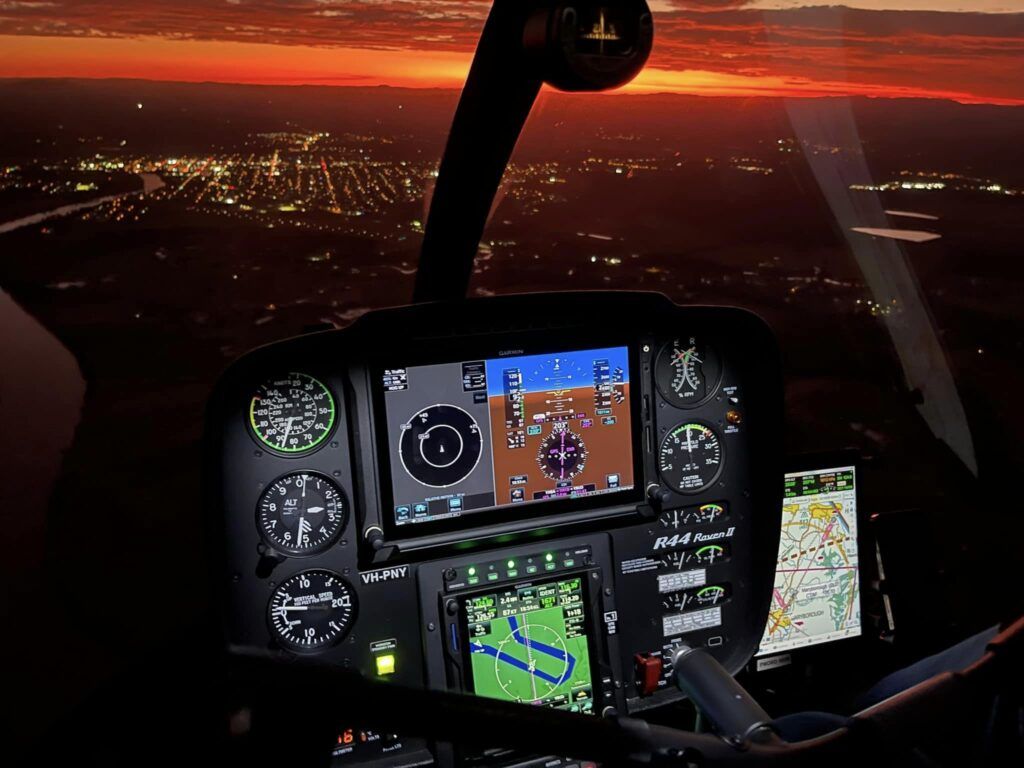Key skills you’ll learn in advanced flight training programs

Soaring to New Heights: Key Skills You’ll Learn in Advanced Flight Training Programs
For aspiring pilots yearning to push beyond the basics and master the skies, advanced flight training programs offer a gateway to a world of specialized skills and opportunities. These programs aren’t just about accumulating flight hours; they’re about refining your skills, honing your judgment, and developing the expertise required to navigate the complexities of aviation.
Here’s a glimpse into the key skills you’ll learn:
1. Advanced Aircraft Systems & Procedures:
Advanced training programs delve deeper into the intricate workings of aircraft systems, including navigation, avionics, and engine management. You’ll learn to troubleshoot complex situations, adapt to changing weather conditions, and utilize advanced technologies like weather radar and autopilot systems.
2. Instrument Flight Rules (IFR) Mastery:
IFR training is a cornerstone of advanced flight training. You’ll learn to navigate and fly solely by instruments, relying on your understanding of weather patterns, airspace regulations, and complex navigation procedures. This essential skill allows pilots to fly in challenging conditions and through all types of weather.
3. Flight Simulation and Procedures:
Advanced flight simulators are vital tools in these programs. They provide a realistic environment to practice maneuvers, emergency procedures, and complex decision-making in a safe and controlled setting. This hands-on experience is invaluable for building confidence and refining skills in challenging situations.
4. Aviation Meteorology & Weather Analysis:
Understanding weather patterns and forecasting is crucial for safe flight operations. Advanced training programs equip pilots with the knowledge to interpret weather charts, predict potential hazards, and make informed decisions based on real-time weather information.
5. Advanced Flight Maneuvers & Aerodynamics:
Beyond basic maneuvers, advanced training includes mastering complex maneuvers like steep turns, stalls, and spins. These skills provide a deep understanding of aircraft aerodynamics and enhance situational awareness, allowing for safe and efficient flying in challenging conditions.
6. Aircraft Performance & Optimization:
Advanced programs focus on optimizing aircraft performance, including maximizing efficiency, fuel management, and navigating challenging airspace with precision. These skills are particularly vital for commercial pilots who must adhere to strict schedules and optimize fuel consumption.
7. Operational Procedures & Regulations:
Pilots in advanced training learn the ins and outs of aviation regulations, including operational procedures, communication protocols, and airspace management. This ensures they comply with strict safety standards and operate within legal frameworks.
8. Leadership & Teamwork:
Many advanced training programs emphasize leadership skills and teamwork. You’ll work with experienced instructors and fellow trainees to analyze complex scenarios, communicate effectively, and make collaborative decisions – essential skills for professional pilots working in a team environment.
Beyond the Technical Skills:
Advanced flight training programs also cultivate crucial soft skills, including:
- Critical thinking and problem-solving: Situational awareness and quick decision-making are vital in aviation.
- Communication and interpersonal skills: Effective communication is essential for collaborating with ground staff, air traffic control, and fellow crew members.
- Stress management and resilience: Handling pressure and unexpected situations calmly is paramount for safe and successful flight operations.
Conclusion:
Advanced flight training programs are more than just a flight instruction; they’re an investment in your future as a pilot. By mastering these essential skills, you’ll be prepared for a rewarding career in aviation, whether you aspire to fly commercially, privately, or embark on a path of specialized aviation operations. Soaring to new heights requires not only technical proficiency but also the mental fortitude, decision-making skills, and unwavering dedication to safety that these programs cultivate.

